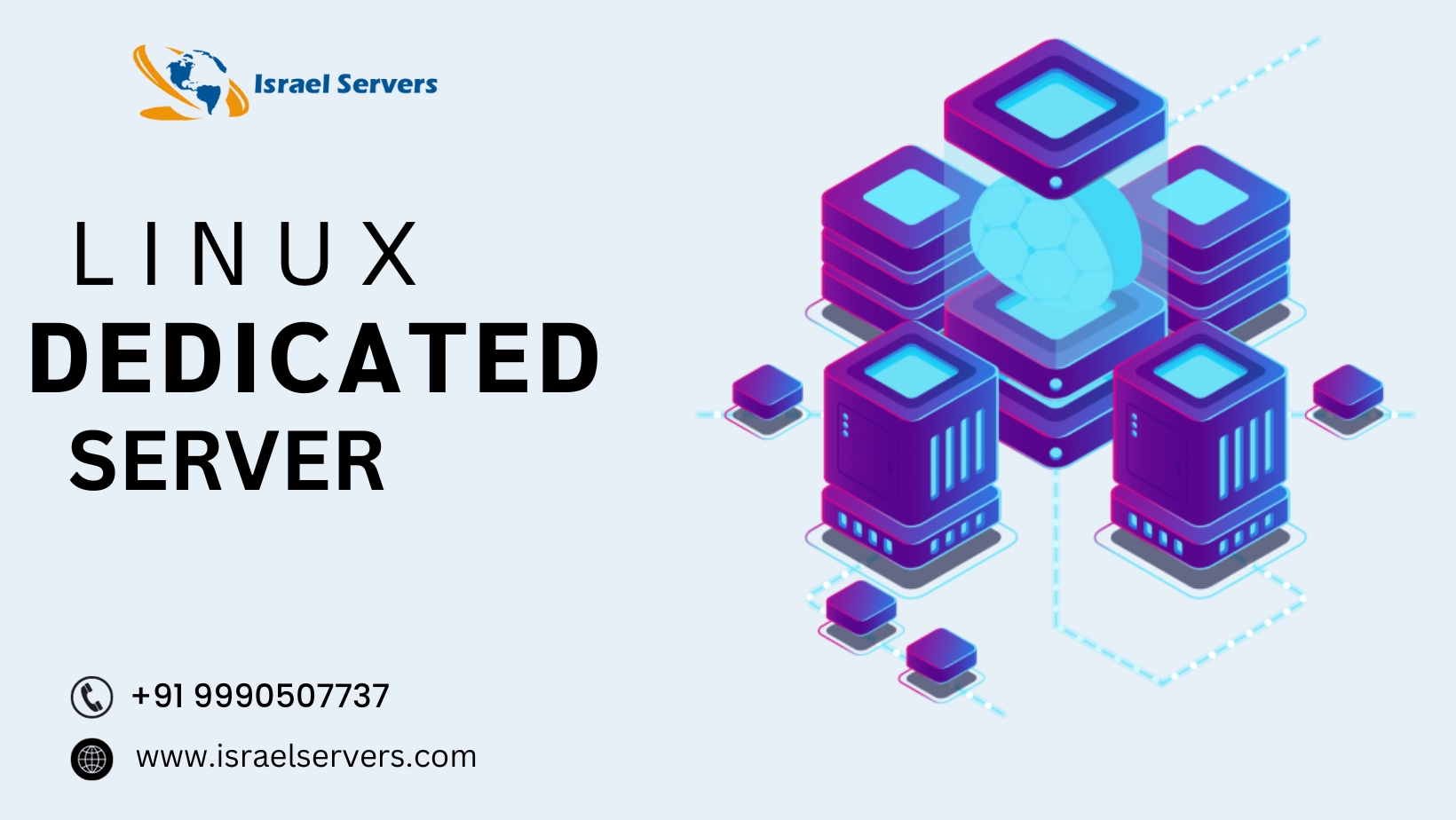In the dynamic landscape of web hosting, Linux Dedicated Server has emerged as a powerful choice for businesses and individuals seeking robust and customizable hosting solutions. With the open-source nature of Linux, users can harness a plethora of benefits, from enhanced security features to unparalleled customization options.
Advantages of Linux Dedicated Server
Security Features
One of the standout features of Linux server hosting is its robust security. The open-source community actively monitors and addresses vulnerabilities, making it a preferred choice for those prioritizing data protection and server integrity.
Customization Options
Linux offers unparalleled customization, allowing users to tailor their server environment precisely to their needs. This flexibility is particularly beneficial for businesses with unique requirements or specialized applications.
Choosing the Right Linux Distribution
Popular Distributions
When venturing into the world of Linux dedicated servers, the choice of distribution matters. Popular options like Ubuntu, CentOS, and Debian each have their strengths, catering to different user preferences and requirements.
Considerations for Selection
Consider factors such as stability, community support, and software compatibility when selecting a distribution. Assessing your specific needs will guide you toward the distribution that best aligns with your objectives.
Setting Up a Linux Dedicated Server
Hardware Requirements
Before diving into the installation process, ensure your hardware meets the server’s demands. Adequate RAM, storage, and processing power are crucial for optimal performance.
Installation Process
Installing a Linux hosting server involves several steps, from choosing the right installation media to configuring the server settings. Following a systematic approach ensures a smooth setup.
Configuring Security Measures
Firewalls and Access Control
Securing your Linux dedicated server involves implementing robust firewalls and access control measures. Configuring these aspects diligently enhances your server’s resistance to potential threats.
Regular Software Updates
Staying vigilant with software updates is paramount. Regularly updating your server’s software ensures that you benefit from the latest security patches and performance enhancements.
Performance Optimization Techniques
Resource Allocation
Effectively allocating resources is key to optimizing your server’s performance. Balancing CPU, RAM, and storage resources ensures that your server runs efficiently, even during peak usage.
Monitoring Tools
Utilize monitoring tools to keep a close eye on your server’s performance. Identifying and addressing potential issues proactively helps maintain a seamless user experience.
Managing Server Applications
Web Servers
Linux servers excel at hosting web applications. Configuring and managing web servers, such as Apache or Nginx, is a crucial aspect of maximizing your server’s capabilities.
Database Servers
For businesses reliant on databases, Linux dedicated servers offer robust solutions. Implementing and managing database servers like MySQL or PostgreSQL is vital for smooth operations.
Troubleshooting Common Issues
Log Analysis
When issues arise, analysis server logs provide valuable insights. Thorough log analysis aids in pinpointing the root cause of problems, enabling swift resolution.
Technical Support
Engage with online communities and support forums to seek assistance from experienced users. The collaborative nature of the Linux community ensures a wealth of knowledge is readily available.
Scalability and Future-Proofing
Upgrading Hardware
As your business grows, consider upgrading hardware to accommodate increased demands. Scaling up ensures your Linux server hosting remains capable of handling higher traffic and resource-intensive applications.
Preparing for Increased Traffic
Anticipate future traffic spikes by implementing scalability measures. Ensuring your server can seamlessly handle increased loads is essential for sustained performance.
Cost Considerations
Open Source Software Benefits
Linux’s open-source nature eliminates licensing fees, contributing to significant cost savings. Businesses can redirect funds towards optimizing server hardware or investing in additional resources.
Comparing Costs with Other Server Options
Evaluate the overall cost-effectiveness of Linux servers dedicated compared to alternative hosting solutions. Consider the long-term benefits and savings associated with open-source software.
Real-World Use Cases
Businesses Using Linux Dedicated Servers
Explore real-world examples of businesses thriving with Linux-dedicated servers. Case studies highlight the diverse applications and success stories across different industries.
Success Stories
Delve into success stories of organizations that have benefited from the reliability and flexibility of Linux dedicated servers. Learn how these businesses achieved their goals with open-source hosting.
Industry Trends and Innovations
Emerging Technologies
Stay informed about emerging technologies shaping the future of Linux dedicated servers. From containerization to AI-driven optimizations, staying abreast of innovations ensures your server remains at the forefront.
Continuous Improvements
The Linux community’s commitment to continuous improvement results in regular updates and enhancements. Embrace these improvements to stay ahead in the ever-evolving landscape of dedicated hosting. If you want to get more information about Premium Dedicated Server.
Conclusion
In conclusion, opting for an Israel Server is a strategic choice for those seeking reliability, security, and customization. The open-source ecosystem, coupled with robust performance, positions Linux as a formidable force in the hosting industry.
FAQs
1. Is Linux-dedicated suitable for small businesses?
– Absolutely! Linux-dedicated is scalable and can cater to the needs of small businesses.
2. What makes Linux servers more secure?
– The open-source nature allows for constant community scrutiny, promptly addressing security vulnerabilities.
3. Can I switch between Linux distributions easily?
– While possible, it’s recommended to choose a distribution aligned with your long-term goals to avoid complications.
4. How often should I update my server’s software?
– Regular updates are crucial for security. Aim for monthly checks and immediate updates for critical patches.
5. What kind of support is available for Linux dedicated servers?
– The Linux community provides extensive online support through forums and documentation.

